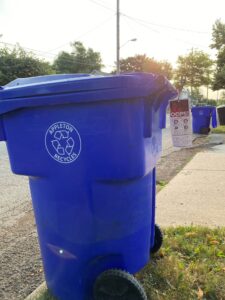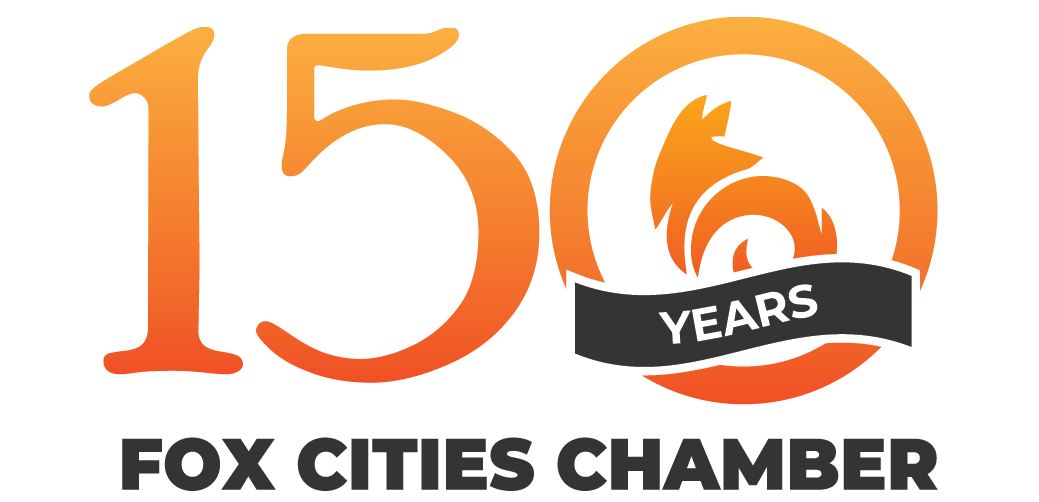“Know what goes into your recycling cart.”
 Plastics bags, batteries, shredded paper and more are too frequently being placed into curbside recycling carts, leading Outagamie County Recycling and Solid Waste (OCRSW) to step up its “Oops Tag” program in Outagamie County. Here’s how it works: When drivers collecting curbside recycling see a cart with material(s) that shouldn’t be in it, they’ll place an Oops Tag on it with a note alerting the resident as to what shouldn’t have been placed inside. Depending on the amount of non-recyclable materials inside it, the driver may elect not to empty the cart to avoid contaminating their entire load.
Plastics bags, batteries, shredded paper and more are too frequently being placed into curbside recycling carts, leading Outagamie County Recycling and Solid Waste (OCRSW) to step up its “Oops Tag” program in Outagamie County. Here’s how it works: When drivers collecting curbside recycling see a cart with material(s) that shouldn’t be in it, they’ll place an Oops Tag on it with a note alerting the resident as to what shouldn’t have been placed inside. Depending on the amount of non-recyclable materials inside it, the driver may elect not to empty the cart to avoid contaminating their entire load.
For residents that receive an Oops Tag, simply remove and properly dispose of the materials identified, and when recycling is scheduled for pick up again, place your cart back out to your curb.
“The goal is to raise awareness. Unfortunately, residents mistakenly place items in their recycle cart that, instead, should be placed in the trash, be dropped off at our Resource Recovery Park or properly disposed of during times when we host special, on-site collections days,” explained OCRSW Solid Waste Superintendent Greg Parins. “It’s becoming a real challenge. Not only does it cost time and money to remove these items, but in some instances, it’s caused significant damage to our sorting equipment. In other cases, such as with lithium batteries, there’s a very real threat of a fire which has occurred in the past.”
As to why many place these items in their recycle bin, Parin’s attributes much of it to “wishcycling,” the act of placing items into the recycling cart hoping they will be recycled, even though they can’t. “It’s a phenomenon that’s happening throughout the country,” explained Parins. “However, it’s important for residents to know what can and can’t be recycled curbside.”
Among the items that should be placed in your curbside recycle cart include:
- Cardboard & paperboard
- Newspapers & inserts
- Office & school paper
- Envelopes, junk mail & catalogs
- Milk, juice & soup cartons
- Household bottles, jars & jugs
- Dairy containers & lids
- Produce, bakery & deli containers
- Aluminum bottles & cans
- Steel & tin cans
- Glass food & beverage bottles & jars
Among the more common items placed in curbside recycling that SHOULDN’T BE include:
- Batteries
- Shredded paper
- Plastic bags, wraps & films
- Styrofoam products
- Propane tanks
- Paint cans
- Aerosol cans
- Window glass
- Scrap metal
- Pet food bags
“To be clear, just because an item can’t be placed into your curbside recycling cart doesn’t mean it’s not recyclable,” Parins explained. “Plastic bags, Styrofoam, batteries, electronics and many other items are recyclable, but they need to be dropped off at a designated collection site or at our Resource Recovery Park.”
For a complete list of what is and what isn’t recyclable, please visit OCRSW website at: https://www.recyclemoreoutagamie.org/residential-recycling/. Also on the website is a list of hazardous materials and how to properly dispose of them through our drop-off collection program. For more details, please visit: https://www.recyclemoreoutagamie.org/household-hazardous-waste-disposal/.
Since escalating the Oops Tag program in July, approximately 40 recycling carts per week have been tagged.
About OCRSW
OCRWS operates the landfill and recycling facilities for Outagamie County and the 65 member communities it serves. It operates to provide the communities with exceptional materials management and educational services using safe and environmentally sound operational practices. OCRSW is also part of the Brown, Outagamie and Winnebago counties Tri-county agreement known as the BOW Intergovernmental Solid Waste Disposal Agreement. This commits the three counties to work together to coordinate waste disposal, using each county’s existing landfill capacities and future landfill developments while sharing administration and operations costs. The partnership stabilizes operating costs while meeting the waste management and recycling needs of the 65 communities and more than 600,000 residents in our service areas.

